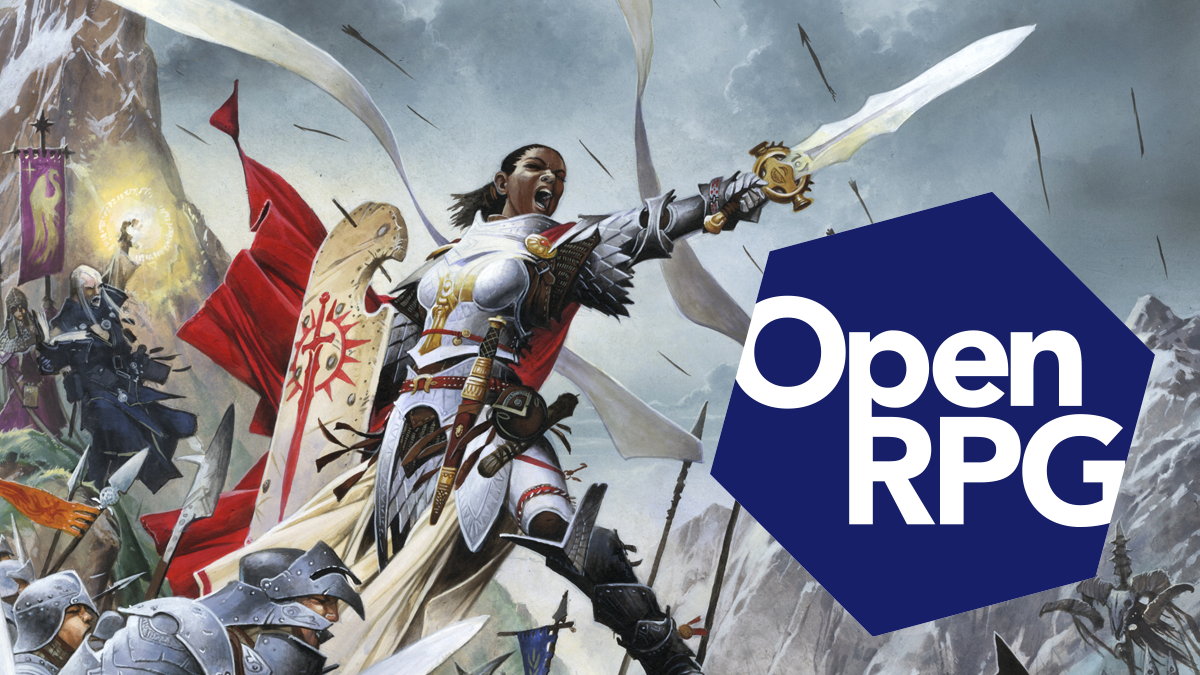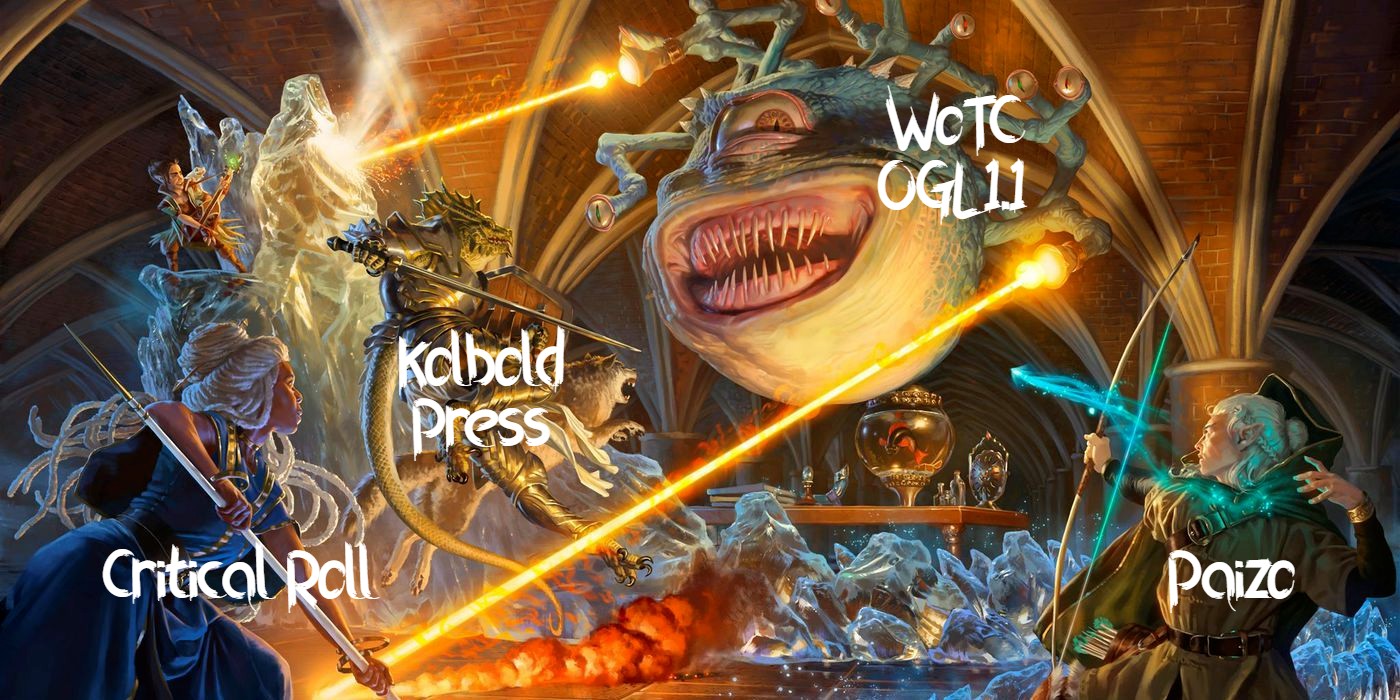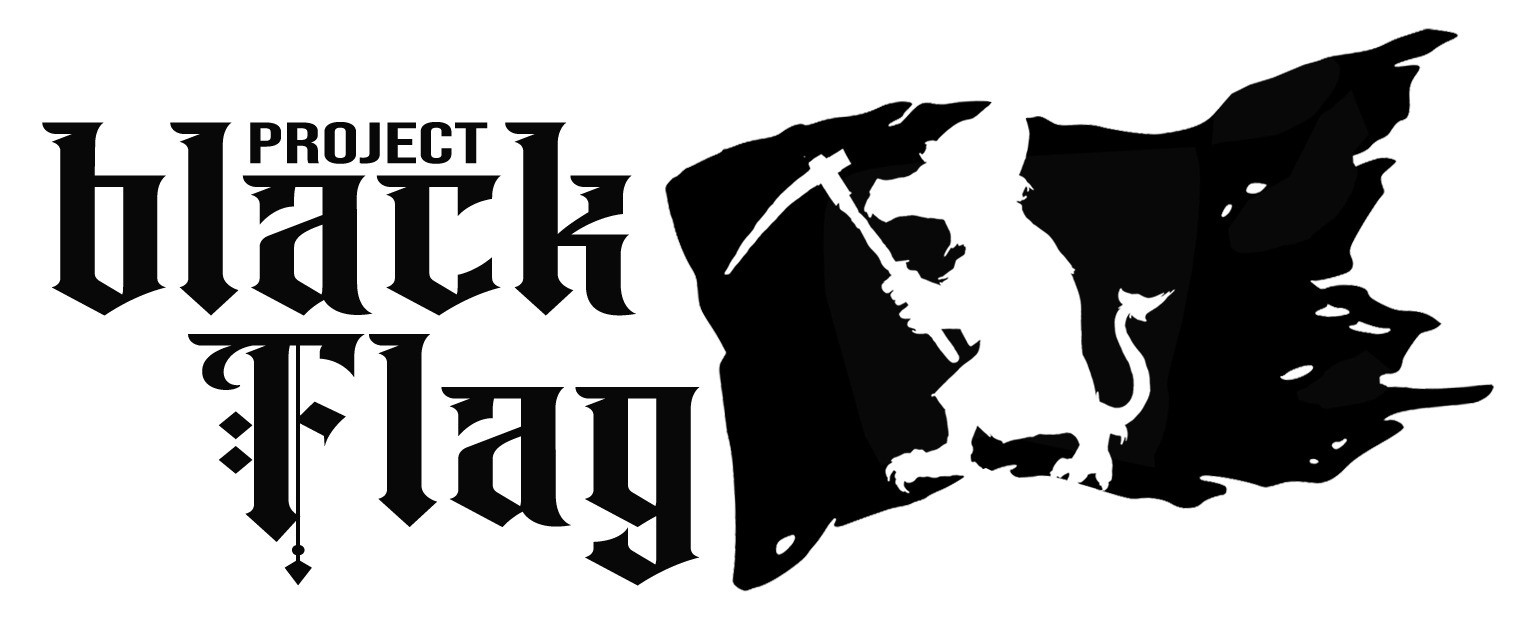Tabletop gaming is changing. Paizo, the creators of Pathfinder, is leading the way. They have partnered with over 1,500 game publishers. Together, they have developed the Open RPG Creative (ORC) License. Today we will explore the second draft of the ORC License. We will discuss its features and implications for the gaming community.
A Brief History of the ORC License
To understand the ORC License, we need to look at its history. The license emerged from a controversy. Dungeons and Dragons’ publisher, Wizards of the Coast, had proposed the Open Gaming License (OGL). The OGL’s introduction sparked nationwide backlash, leading Wizards of the Coast to retract their plans. Amidst the controversy, Paizo announced its intentions to create an alternative open gaming license that would be system-agnostic, perpetual, and irrevocable.
Jim Butler, Paizo president, expressed that the ORC License was designed to be “flexible enough to cover all types of RPGs and to be protected from any attempt to alter its primary mission.” He emphasized its role as a gateway to the broader tabletop role-playing game (TTRPG) space, fostering an atmosphere of cooperation and collaboration, even among competing publishers.
Unveiling the Second Draft of the ORC License
Paizo recently announced the second draft of the ORC License. This draft incorporates changes and suggestions from hundreds of participating publishers on the ORC License Discord community. It introduces significant clarity to key terms and definitions, expands the project’s official FAQ, and incorporates several quality-of-life improvements.
Community Collaboration and Innovation
A unique aspect of the ORC License’s development is the active involvement of the gaming community. Paizo has been taking feedback from publishers. This ensures that the ORC License is a collaborative effort that serves the needs of the entire tabletop gaming community. The second draft is currently open for public comment, allowing for further input before the final version is presented.
Open for All: A Safe Harbor for Sharing Rules Mechanics
Paizo’s ORC License is an open gaming license. In turn allowing for a legal “safe harbor” for sharing rules mechanics. This feature encourages collaboration and innovation. It allows third-party developers to contribute and benefit from the ORC License. As a result, the ORC License promises to foster a vibrant and diverse gaming ecosystem.
Looking Forward: The Future of Tabletop Gaming with the ORC License
Paizo’s steadfast commitment to the ORC License offers a promising alternative to traditional game licenses. Even as Wizards’ decision to leave its original OGL alone was met positively, Paizo continued to develop the ORC, providing a valuable option for gamers and developers alike. This positions Paizo to direct players towards other systems that may serve as suitable replacements if future changes to popular games cause dissatisfaction among the fanbase.
Paizo anticipates releasing the final version of the ORC License by the end of May 2023, marking the beginning of a new era in open gaming.
The Hero’s Journey
The second draft of Paizo’s ORC License marks a significant step towards a new era in tabletop gaming. By creating an open and collaborative space for sharing rules mechanics, the ORC License promises to usher in a wave of innovation and diversity in the gaming community. As the final draft nears completion, gamers and publishers alike eagerly anticipate the transformative impact of this new open gaming license.
In the words of Paizo, “a new era of open gaming is nearly here.” The second draft of the ORC License signifies a milestone in this journey, bringing us one step closer to realizing a vision for a more open and collaborative tabletop gaming space.
Stay tuned for updates as we closely follow the developments surrounding the final release of the ORC License. The future of tabletop gaming is bright, and the ORC License is set to play a pivotal role in shaping it.



